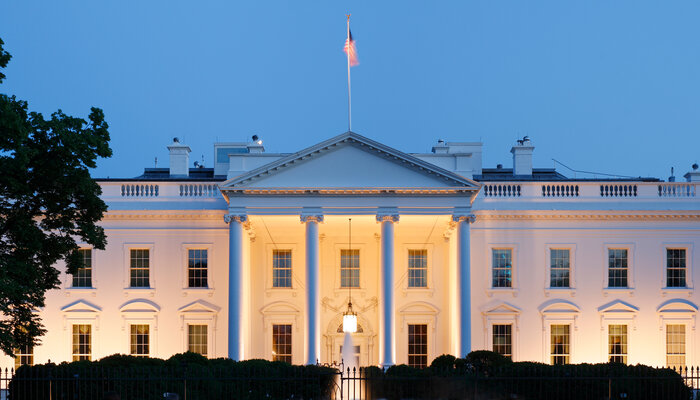The White House recently ordered federal agencies to ensure free, immediate, and equitable access to federally funded research. While the memorandum from the Office of Science and Technology Policy received relatively little attention when it was issued at the end of August, it is a significant positive development.
This policy will facilitate scientists’ access to cutting-edge research and data and boost government transparency by making the taxpayer-funded research that informs policy available to all. While such executive action is critical, Congress should codify these standards to ensure that they continue from one presidential administration to the next.
The Biden administration’s memo builds on one the Obama administration issued in 2013 that tasked federal agencies with, among other things, improving the public’s ability to search for and access federally funded research and data. Since then, over 8 million scholarly publications have become publicly accessible, and publications resulting from federally funded research are read by over 3 million people a day.
But the 2013 plan had limitations, most notably in allowing public access to be delayed for up to a year. The pandemic has shown why such delays are problematic. During the public health crisis, government, industry, and scientists adopted a public access policy that facilitated the immediate sharing of research and data. This sped up advancements in the treatment and prevention of Covid-19 while helping to educate the public about the disease.
Additionally, the new memo requires agency public access plans to help insulate scientific research against politically motivated censorship. This is important because past presidential administrations have created barriers to accessing federally funded research and data deemed to be politically inconvenient. For instance, during the first year of the pandemic, political officials sought to delay the release of data and studies about Covid-19 in federal publications.
The Biden administration’s memo includes another new and important component: a requirement that agencies maximize equitable reach in their public access plans, including by providing free access to publications on the internet and ensuring accessibility for people with disabilities. Currently, federally funded research is often prohibitively expensive to access for many scientists, let alone members of the public. And the Trump administration made it harder to access taxpayer-funded research and data by eliminating long-standing government research databases and redesigning others in user-unfriendly ways, such as a search algorithm that tended to bury the most relevant publications.
Equitable access to federally funded research and data is crucial to the advancement of scientific knowledge. It is also a cornerstone of a transparent and accountable government. Indeed, without easily accessible research and data, it is more difficult for historically disadvantaged communities to hold government actors accountable for disparate outcomes with respect to Covid-19 infection and mortality rates, exposure to pollution and attendant health risks, and so much more.
The public access memo is a component of the Biden administration’s broader actions to restore trust in the federal government’s scientific enterprise and the policymaking that stems from it. Earlier steps include the president’s scientific integrity memo, released during the first week of his administration, and the Office of Science and Technology Policy’s ongoing efforts to prevent interference in government research for political and other improper reasons. These measures align with a series of recommendations for executive action the Brennan Center put forward to prevent the politicization of the science that the federal government produces and uses in the policymaking process.
While the Biden administration has taken critical steps to restore public trust in government decision-making, these efforts can be repealed with the stroke of a pen or largely ignored with impunity, as demonstrated by the last administration’s frequent disregard for existing executive branch scientific integrity measures. For instance, the limits of executive branch guardrails against abuse were evident in the episode referred to as “Sharpiegate” — when the secretary of commerce reportedly pressured officials at the National Oceanographic and Atmospheric Administration to repudiate an accurate statement from the National Weather Service about the trajectory of a hurricane that President Trump falsely claimed would hit Alabama. Those involved faced no consequences despite a damning scientific integrity investigation that found numerous violations of existing federal rules.
That is why Congress must pass legislation to protect federally funded research from political interference and ensure that it is widely accessible, as the Brennan Center and its bipartisan task force of former senior government officials have advocated. Such reforms are critical for the federal government to respond to contemporary societal needs in a democratically accountable manner.



